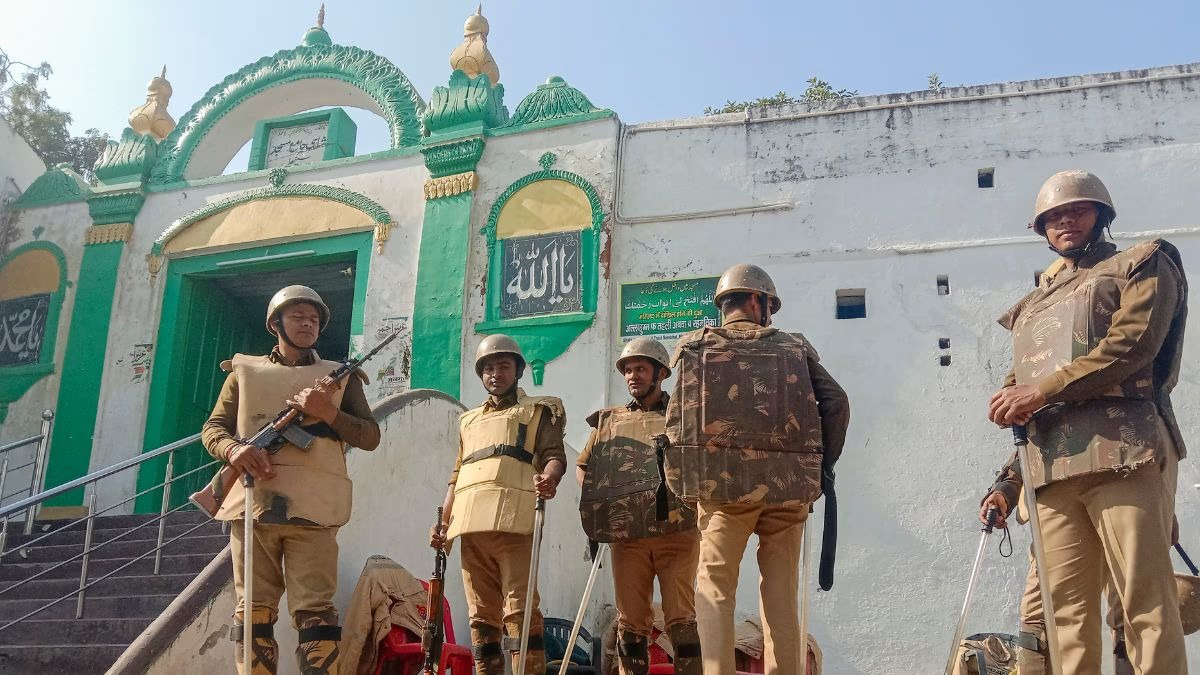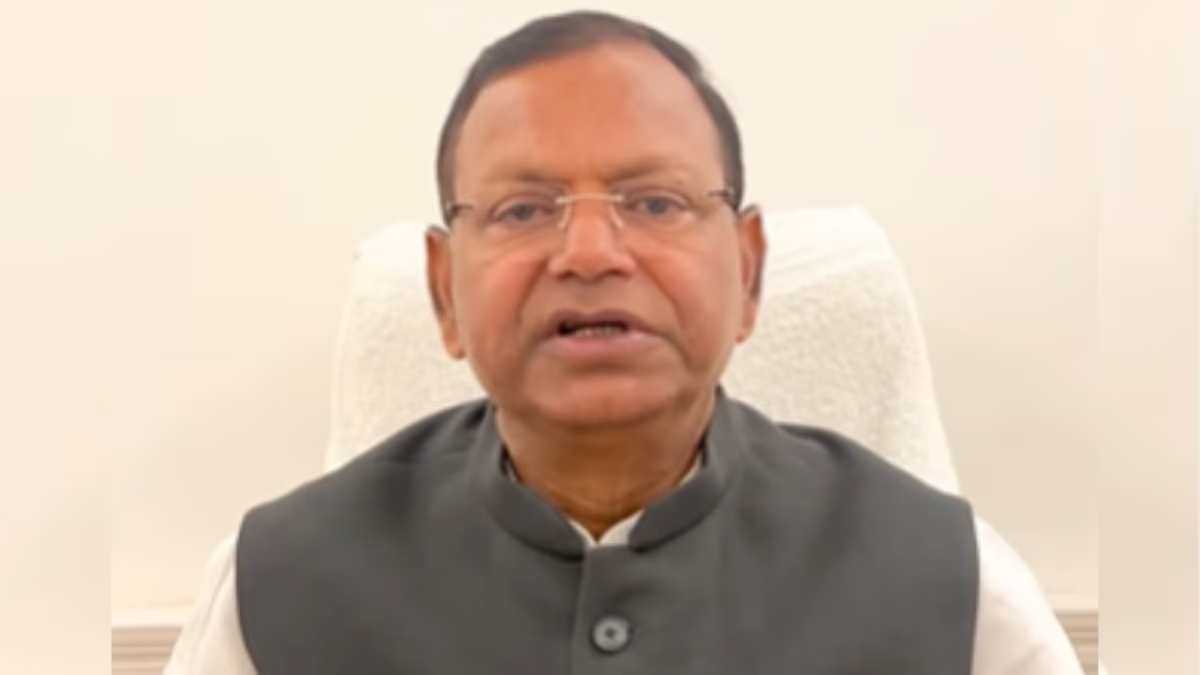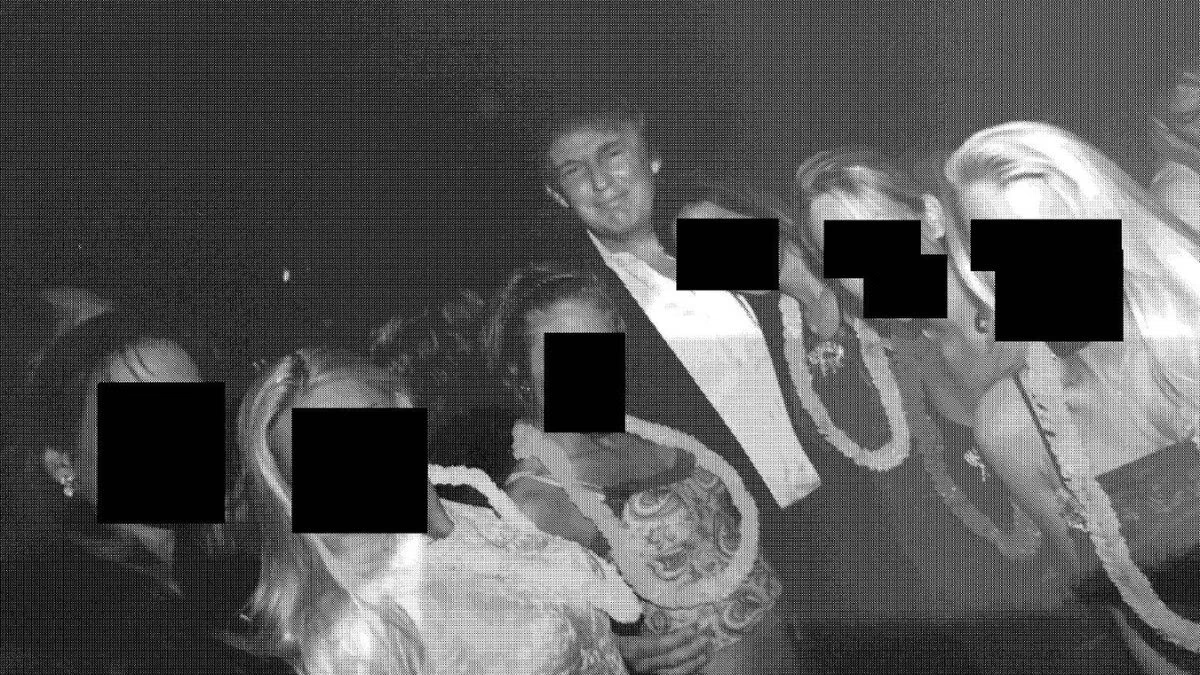For centuries, India has witnessed contentious debates surrounding temples and mosques. Until 2019, the heated Ayodhya debate about the Babri Mosque and Ram Temple took center stage. On November 9, 2019, the Supreme Court confirmed the existence of a temple there and ruled the land be given to construct the Ram Temple, assigning a different site for a mosque.
With the Ram Temple verdict came a rallying cry: 'Ayodhya was the beginning; Kashi and Mathura await.' This slogan gained traction during the 2022 Uttar Pradesh assembly elections, symbolizing a push towards addressing alleged temple demolitions in Varanasi's Gyanvapi Mosque and Mathura's Shahi Eidgah Mosque.
Claims suggest these mosques were erected over Shiva and Krishna temples, respectively, their remnants allegedly used in construction. With both cases active in court, tensions simmer.
However, these aren't isolated incidents. Recently, similar claims surfaced about Sambhal's Jama Masjid. Post-Ayodhya, at least nine comparable disputes have emerged. Let's delve into the stories behind these conflicts:
1. Qutub Minar (Delhi)
- The Controversy:
Hindu organizations claim the Qutub Minar was erected upon the ruins of 27 Hindu and Jain temples. Demanding its renaming to 'Vishnu Pillar,' the debate also encompasses the Quwwat-ul-Islam Mosque within the complex. The assertion is that Qutbuddin Aibak constructed the mosque from demolished temple remnants, with requests filed for prayer rights there.
2. Jumma Masjid (Karnataka)
- The Controversy:
Mangalore's Jumma Masjid has long been embroiled in disputes. Vishwa Hindu Parishad argues a temple lies beneath it, prompting a petition in local courts, with requests for surveying still in litigation.
3. Shahi Eidgah Mosque (Mathura)
- The Controversy:
In Mathura, issues swirl around the Shahi Eidgah Mosque, with claims of its construction over Krishna's birthplace. Despite demands for surveys, the Supreme Court has currently halted proceedings, with the case ongoing.
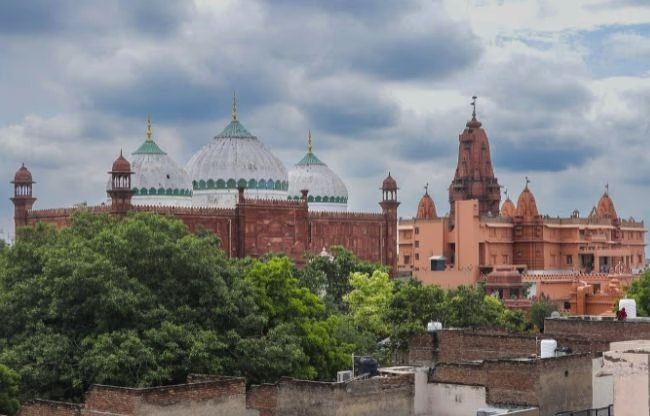
Source: aajtak
4. Bhojshala (Dhar)
- The Controversy:
In Dhar, Madhya Pradesh, Bhojshala is claimed as both a temple of goddess Saraswati and a Kamal Moula Mosque. Destroyed by Alauddin Khilji in 1305, subsequent mosque construction by Dilawar Khan Gauri and Mahmood Shah Khilji followed. ASI surveys have uncovered artifacts, with the matter undecided in the Supreme Court.
5. Atala Mosque (Jaunpur)
- The Controversy:
In Jaunpur, the Atala Mosque allegedly replaced a demolished temple under Firoz Shah Tughlaq's rule. Built in 1408, the case recently reached Jaunpur courts.
6. Shamsi Jama Masjid (Badaun)
- The Controversy:
Constructed by Shamsuddin Iltutmish in the 13th century, this mosque faces allegations of replacing the Neelkanth Mahadev Temple, with Hindu groups seeking worship rights. Discussions are set for this month.
7. Jama Masjid (Sambhal)
- The Controversy:
Tensions roiled last month over Sambhal's Jama Masjid, allegedly built by Babar in 1526 after demolishing a Hanuman temple. With surveys sanctioned by lower courts, Supreme Court proceedings were paused, but expect to resume next month.
8. Jama Masjid (Fatehpur Sikri)
- The Controversy:
Situated 40 kilometers from Agra, Fatehpur Sikri's Jama Masjid draws claims of a prior Kamakhya Devi Temple, its relics purportedly beneath. The Hindu side seeks rights, with the case proceeding in Agra's courts.
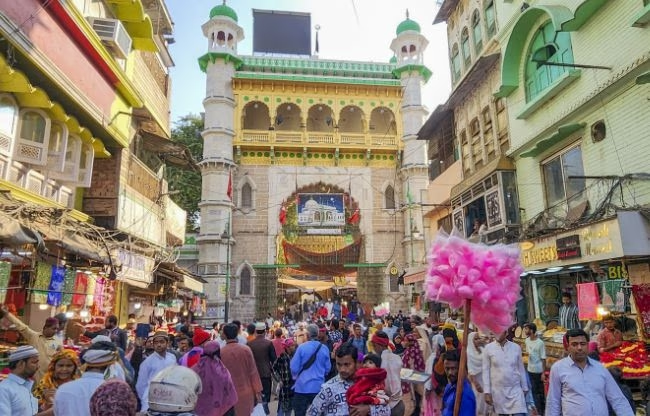
Source: aajtak
9. Ajmer Sharif Dargah (Rajasthan)
- The Controversy:
Hindu Sena leader Vishnu Gupta recently petitioned over Ajmer’s Khwaja Moinuddin Chishti Dargah, claiming a Shiva temple lies underneath. Gupta demands an ASI survey and worship rights, with Ajmer courts slated for hearings on December 20.
A Legal Tightrope!
Religious disputes in India frequently escalate into court cases. The Muslim party consistently references the 1991 Places of Worship Act in defense. This law mandates the status of religious sites as of August 15, 1947, remains unchanged, exempting Ayodhya given its pre-Independence origins.
Challenged by the Hindu side as unconstitutional for infringing fundamental rights, the Supreme Court currently reviews this law. The Muslim perspective warns that its repeal may spark a deluge of mosque-targeted lawsuits.
